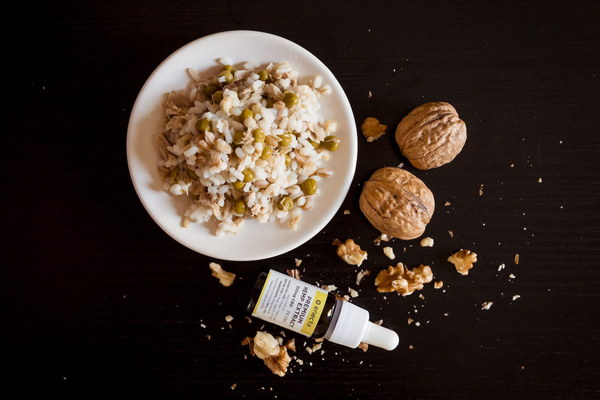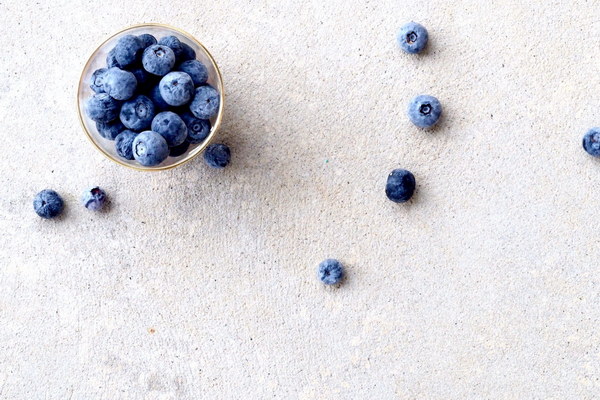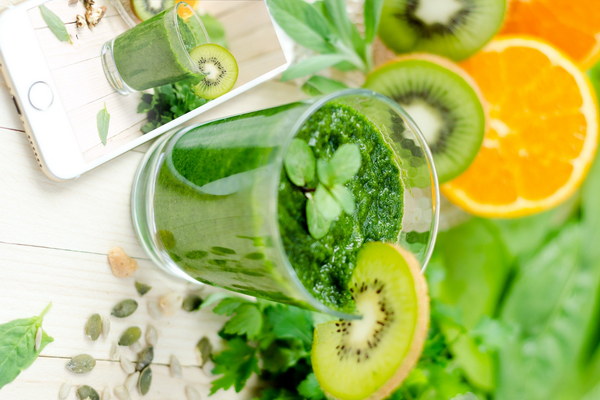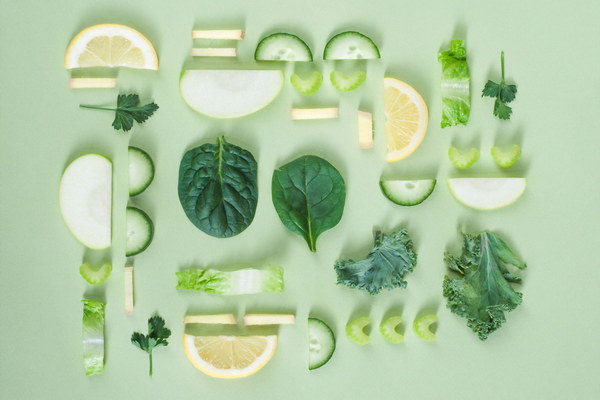Revitalizing Your Liver Expert Tips on How to Treat and Nourish Your Hepatic Health
Introduction:
The liver is a vital organ that performs numerous functions in the body, including detoxifying harmful substances, metabolizing nutrients, and producing bile. However, due to modern lifestyles and poor dietary choices, many people suffer from liver-related issues. In this article, we will discuss effective ways to treat and nourish your liver, promoting overall health and well-being.
1. Identify the root cause:
The first step in treating and nourishing your liver is to identify the underlying cause of any liver-related issues. Common causes include alcohol abuse, viral infections, non-alcoholic fatty liver disease, and medication side effects. Consult with a healthcare professional to determine the root cause and develop an appropriate treatment plan.
2. Adopt a liver-friendly diet:
A healthy diet is crucial for liver health. Incorporate the following foods into your diet:
- Green leafy vegetables: Spinach, kale, and Swiss chard are rich in antioxidants and fiber, which help in detoxifying the liver.
- Cruciferous vegetables: Broccoli, cauliflower, and Brussels sprouts contain sulfur compounds that aid in liver detoxification.
- Berries: Strawberries, blueberries, and raspberries are high in antioxidants, which protect the liver from oxidative stress.
- Garlic: This flavorful herb contains allicin, a compound that has been shown to improve liver function.
- Nuts and seeds: Almonds, walnuts, and flaxseeds contain healthy fats and antioxidants that support liver health.
- Fatty fish: Salmon, sardines, and mackerel are rich in omega-3 fatty acids, which help reduce inflammation and support liver function.
Avoid or limit the following foods:

- Alcohol: Excessive alcohol consumption can lead to liver damage and cirrhosis.
- Refined sugars: High sugar intake can contribute to non-alcoholic fatty liver disease.
- Processed foods: These foods are high in unhealthy fats, sodium, and preservatives, which can stress the liver.
3. Stay hydrated:
Water is essential for liver function, as it helps flush out toxins and aids in the production of bile. Aim to drink at least 8-10 glasses of water per day.
4. Exercise regularly:
Regular physical activity can improve liver function and reduce the risk of liver disease. Aim for at least 30 minutes of moderate exercise, such as walking, cycling, or swimming, most days of the week.
5. Manage stress:
Chronic stress can impact liver health by increasing inflammation in the body. Practice stress-reduction techniques, such as mindfulness, meditation, or yoga, to maintain a healthy liver.
6. Avoid taking medication without a prescription:
Certain medications can cause liver damage. Always consult with a healthcare professional before starting any new medication.
7. Get regular check-ups:
Regular liver function tests can help detect any issues early on. Consult with your healthcare provider to determine the frequency of these tests based on your individual health needs.
Conclusion:
Taking care of your liver is essential for overall health and well-being. By identifying the root cause of any liver-related issues, adopting a liver-friendly diet, staying hydrated, exercising regularly, managing stress, avoiding taking medication without a prescription, and getting regular check-ups, you can promote a healthy liver and prevent liver disease. Remember, it's never too late to start taking care of your liver.
![Discover the Beauty of Foshan Explore Skincare and Beauty Services at [Address] - Contact Us Now!](http://img.bluepurple.cn/a/养生/117/Discover-the-Beauty-of-Foshan-Explore-Skincare-and-Beauty-Services-at-Address-Contact-Us-Now.jpg)








